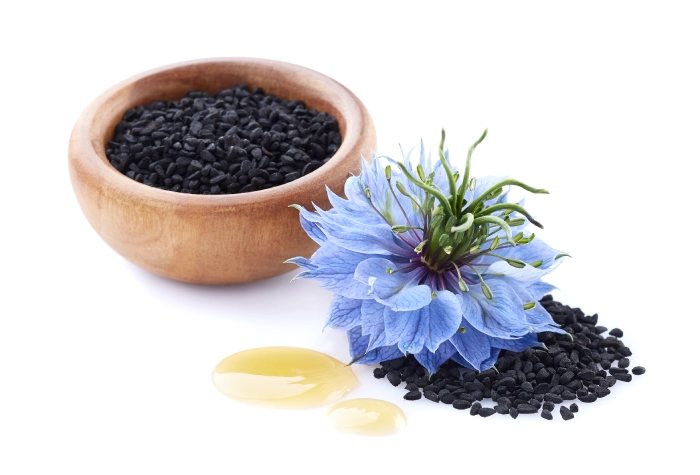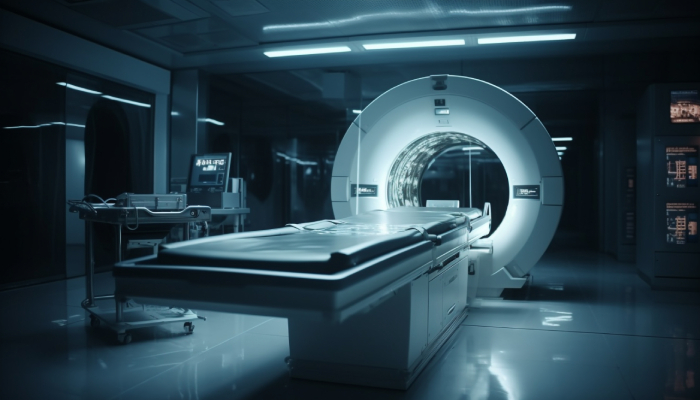How Nucleotides and B Vitamins Could Improve Radiculopathy Treatment
Radiculopathy, a condition affecting nerve roots, often leads to significant pain and reduced quality of life for patients. Recent research has explored the potential benefits of certain nucleotides and vitamins in alleviating radiculopathy-associated pain. A multicenter, prospective study was conducted to evaluate the effectiveness of a supplement containing cytidine and uridine nucleotides, along with vitamins B1 and B12, when added to standard treatment for radiculopathy.
The study involved 122 patients from 17 centers across Spain, divided into two groups: a control group receiving standard treatment and an experimental group receiving standard treatment plus the supplement. The primary focus was on pain reduction, measured using a Visual Analog Scale (VAS). Secondary endpoints included functional improvement (assessed by the Roland Morris questionnaire), clinical improvement (evaluated using the Clinical Global Impression [CGI] scale), and quality of life improvement (measured by the EQ-5D-5L questionnaire).
Results showed that both groups experienced pain improvement. However, the difference in VAS reduction between the control group (24.58) and the experimental group (31.35) did not reach statistical significance. Interestingly, the experimental group demonstrated significant functional improvement, with a notable decrease in the Roland Morris score (estimate: −1.70, 95% CI −3.29 to −0.10; p = 0.038). Moreover, patients in the experimental group were five times more likely to progress to a better CGI category (OR = 0.20, 95% CI 0.07 to 0.57; p = 0.003), indicating improved clinical outcomes.
The study did not find significant differences between the groups in EQ-5D-5L scores or analgesic consumption. In conclusion, while the addition of pyrimidine nucleotides and vitamins B1 and B12 to standard treatment showed improvements in functional and clinical outcomes for radiculopathy patients, the impact on pain reduction, although numerically better, was not statistically significant.
Commentary by YourDailyFit columnist Alice Winters:

This study on the potential benefits of nucleotide and vitamin supplementation for radiculopathy patients offers intriguing insights, but also leaves us with some questions to ponder. Let’s dive into the key aspects of this research and what it means for consumers and healthcare professionals alike.
First, it’s crucial to acknowledge the study’s robust design. As a multicenter, prospective, randomized trial, it provides a higher level of evidence compared to many supplement studies we often see. The inclusion of 122 patients across 17 centers in Spain also lends credibility to the findings, offering a decent sample size and geographical representation.
The supplement in question, combining cytidine and uridine nucleotides with vitamins B1 and B12, is an interesting formulation. These ingredients have been individually associated with nerve health and pain reduction in previous research. However, their synergistic effect in this specific combination for radiculopathy is a novel approach worth exploring.
The results present a mixed bag. While the primary endpoint of pain reduction didn’t reach statistical significance, the numerical improvement in the experimental group (VAS reduction of 31.35 vs. 24.58 in the control group) suggests a trend toward pain relief. This near-miss on statistical significance could warrant further investigation with a larger sample size or longer duration.
The real star of the show here is the improvement in functional and clinical outcomes. The significant decrease in the Roland Morris score and the fivefold increase in likelihood of progressing to a better CGI category are impressive findings. These results suggest that while the supplement may not dramatically reduce pain perception, it could be enhancing overall function and clinical status – factors that significantly impact a patient’s quality of life.
However, the lack of significant difference in EQ-5D-5L scores (a quality of life measure) is somewhat puzzling, given the improvements in function and clinical impression. This discrepancy highlights the complex nature of pain and its impact on perceived quality of life.
From a consumer perspective, this supplement shows promise but isn’t a magic bullet. The improvements in function and clinical outcomes are encouraging, but the lack of significant pain reduction might be disappointing for those seeking immediate relief. It’s also worth noting that the study doesn’t mention any side effects or safety concerns, which is a positive sign for potential users.
For healthcare professionals, this study provides a basis for considering nucleotide and B-vitamin supplementation as an adjunct to standard care for radiculopathy. However, it’s crucial to manage patient expectations regarding pain relief and to focus on the potential functional improvements.
Looking ahead, several questions emerge:
- Would a longer-term study show more significant pain reduction?
- Are there specific subgroups of radiculopathy patients who might benefit more from this supplement?
- How does this supplement compare to other non-pharmacological interventions for radiculopathy?
In conclusion, while this study doesn’t provide a definitive answer on the efficacy of nucleotide and B-vitamin supplementation for radiculopathy pain, it opens up exciting avenues for further research. The functional and clinical improvements observed suggest that this supplement could be a valuable addition to the treatment toolkit for radiculopathy, even if its pain-relieving properties require further investigation. As always, patients should consult with their healthcare providers before adding any new supplements to their regimen, especially when dealing with complex conditions like radiculopathy.



